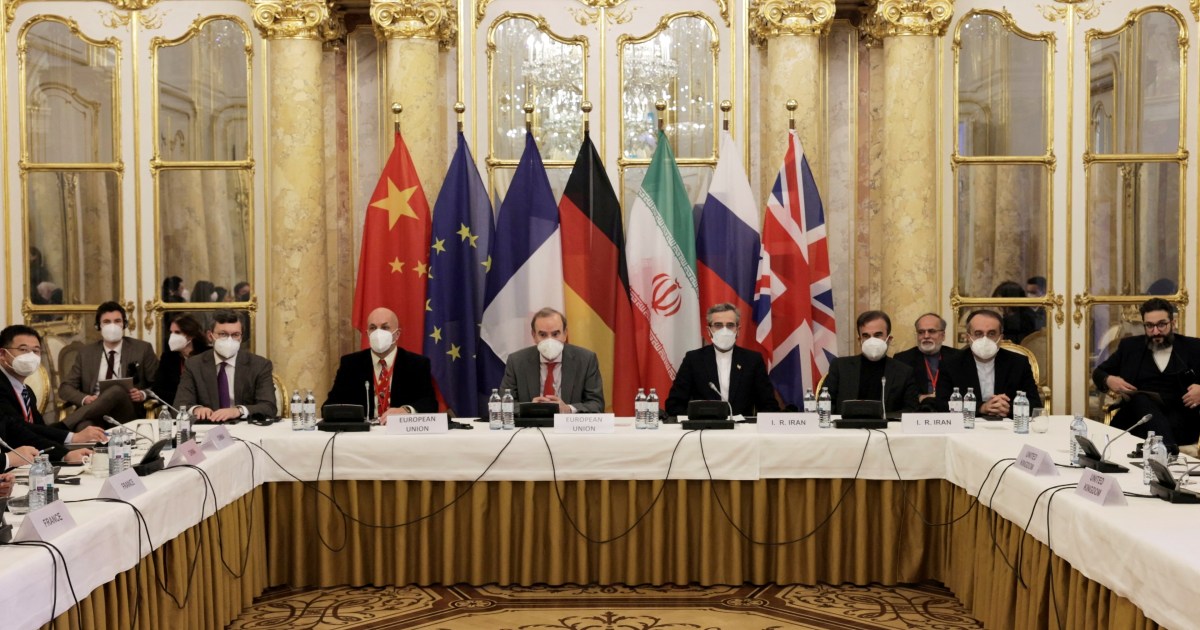The US special envoy to Iran, Robert Malley, said that the United States is ready to sign an agreement that includes lifting sanctions on Iran, but is waiting for Tehran to do so, while an Iranian official stressed that signing the agreement depends on a serious American will.
Mali added - in a press statement - that the Tehran delegation presented demands in Doha that are not related to the nuclear agreement, and that it must respond to the American proposals.
Mali noted that Iran has made worrying progress in its uranium enrichment program, adding that there is a proposal on the table for a timetable for Iran to return to full compliance with the nuclear deal, under which Washington will lift sanctions on Tehran.
The US official explained that "the discussion that is really needed now is not between us and Iran, although we are ready for that, but between Iran and itself. It needs to reach a decision on whether it is ready now to return to compliance with the agreement."
In response to the American statements, an Iranian official told Al Jazeera that his country is ready to conclude a strong agreement, and this is conditional on a serious American administration, explaining that what Washington calls conditions "is our natural right, and if the decision was for the Europeans, the agreement would have been signed."
He said that his country's delegation to the Doha negotiations did not see any US change "regarding our interests in the nuclear agreement," explaining that the talk about Tehran's pursuit of a nuclear weapon is just accusations aimed at increasing political pressure on it.
The official stressed that Tehran wants full implementation of the terms of the nuclear agreement, and "stresses the importance of providing adequate guarantees," noting that most of the technical issues were resolved in Vienna and the remaining issues related to sanctions and the provision of guarantees.
strong tight agreement
Iranian Foreign Minister Hossein Amir Abdollahian said that his country is ready and serious about reaching what he described as a strong and tight nuclear agreement.
Abdullahian added - in a call with his Omani counterpart Badr bin Hamad al-Busaidi - that constructive negotiations depend on the seriousness and initiative of Washington, and the extent of its flexibility.
In the context, the Iranian Foreign Ministry said that the Omani minister assured his Iranian counterpart that reaching a final result in the nuclear negotiations is important and necessary, and that Muscat supports the nuclear negotiations with the aim of reaching a result that preserves Tehran's interests.
Iranian President Ebrahim Raisi has previously stated that the United States must take a decision to abide by the requirements of dialogue and the nuclear agreement.
He added - while receiving the credentials of the new ambassadors of Switzerland and Lithuania to Tehran - that European countries and Washington are making a mistake in the calculations towards Iran, stressing that the policy of hegemony practiced by these countries is counterproductive.
Raisi considered the decision issued by the Board of Governors of the International Atomic Energy Agency against his country irresponsible and violates the spirit of negotiation and agreement, and shows the contradiction of the behavior of these countries, calling on them to abide by their commitments.

